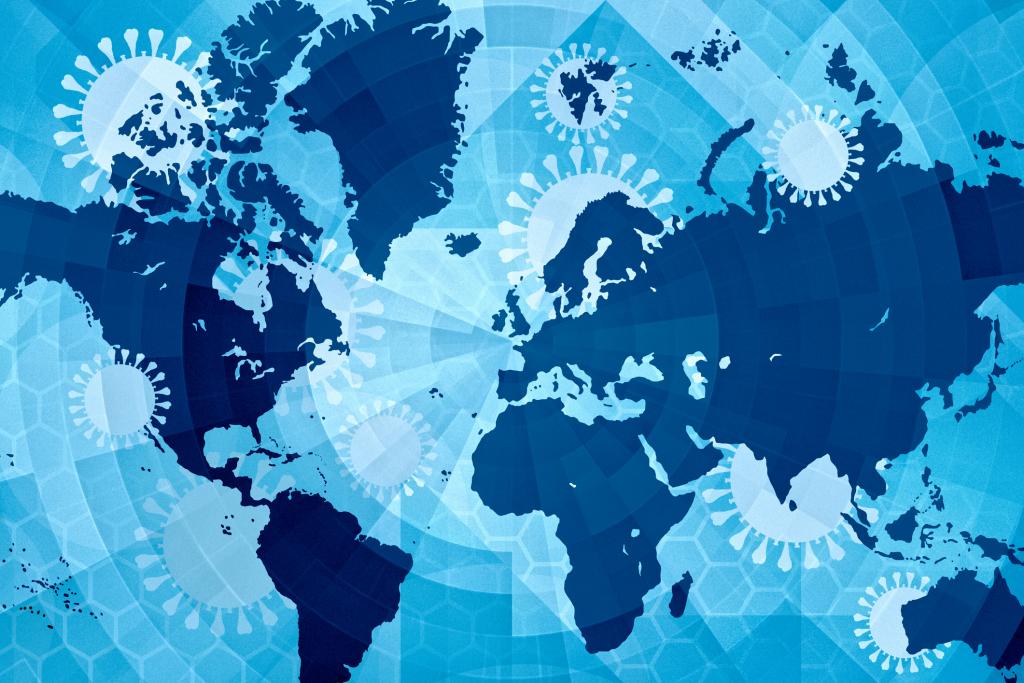Ensuring rapid, fair international sharing of pathogen-samples and related benefits will require new governance arrangements before the next major outbreak strikes, finds a new study from the Global Health Centre. International access to samples is critical to understand pathogens and develop drugs and vaccines to control them, but ensuring equitable benefit-sharing with source countries has proven difficult. This issue has raised growing attention and concern with recent outbreaks (Ebola, Zika, MERS and SARS-CoV-2 [Covid-19]), but the international system to address it remains wholly inadequate.
At the culmination of a 2-year research project supported by the Swiss Network for International Studies (SNIS), the Global Health Centre is launching a new report on the policies and practices of pathogen- and benefit-sharing (PBS). The new study “Everybody knows this needs to be done, but nobody really wants to do it”: Governing pathogen- and benefit-sharing offers the largest publicly-available set of empirical data to date on PBS practices and calls for better PBS governance to respond to emerging infectious diseases. Co-authored by global health experts from the Global Health Centre, the University of Liberia, the National Public Health Institute of Liberia, the Johns Hopkins Bloomberg School of Public Health and the Brazil’s Oswaldo Cruz Foundation (Fiocruz), the research illustrates how pathogens and related benefits are negotiated, both globally and in the specific cases of Liberia’s Ebola and Brazil’s Zika epidemics. Although there has been some progress in addressing challenges related to PBS, the paper highlights that we remain far from a well-functioning international system, a situation that must be addressed according to epidemics expert and co-author of the Liberia case study, Dr. Mosoka Fallah: "One of the scientifically proven ways to checkmate a pathogen causing an epidemic is its rapid sharing with the scientific community for characterisation and eventual development of therapeutics, diagnostics or vaccines. This process of rapid sharing of pathogens hinges on mutual trust that the scientific product generated will benefit all stakeholders. As humanity faces a continuous threat to its survival by pathogens, there is an urgency to resolve this PBS issue."
The fair and rapid international sharing of pathogens and related benefits is becoming increasingly complex and uncertain, explained Professor Gian Luca Burci, co-coordinator of the project: "The relevant international laws for health and biodiversity have created a complex maze for scientists and diplomats. But this maze can and must be navigated."
Dr. Suerie Moon, co-director of the Global Health Centre and co-coordinator of the project, added: "For too long this issue has been at a political stalemate, because nobody was willing to invest the political capital to address it. The Covid-19 pandemic reminds us of the risks of building an airplane while flying it. We urgently need to find solutions to ensure that countries are willing to share pathogen-samples quickly and widely in the next outbreak, and that in-turn they have assurances of accessing benefits such as drugs, vaccines and diagnostics."






